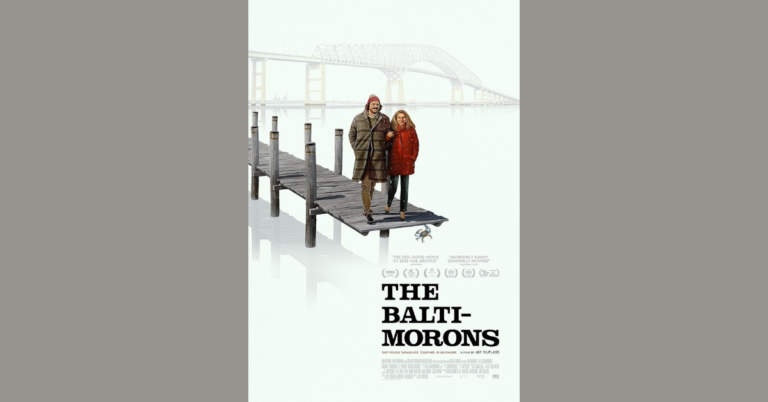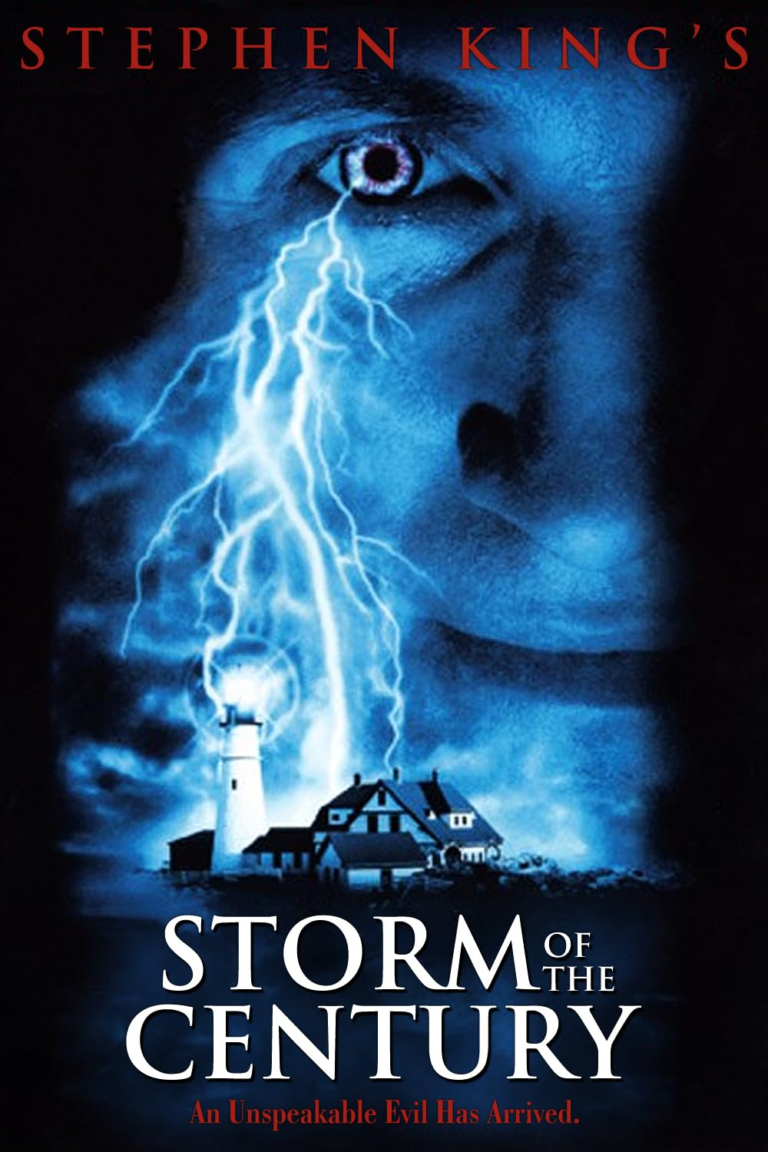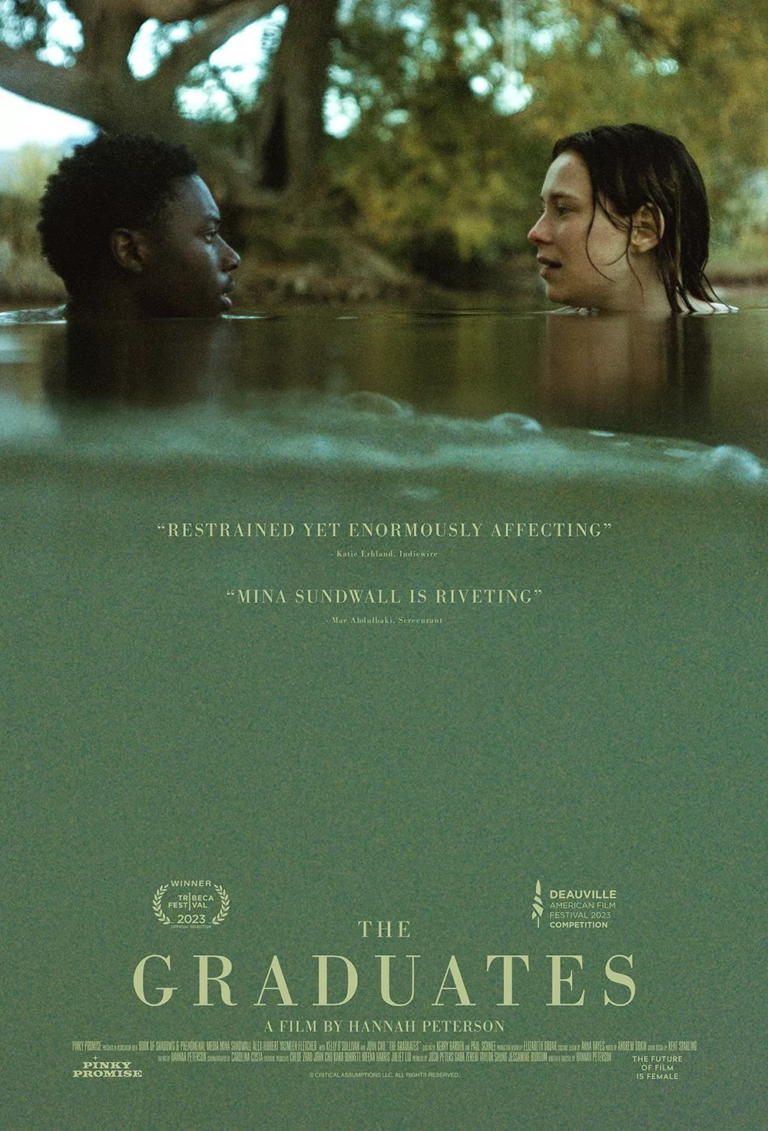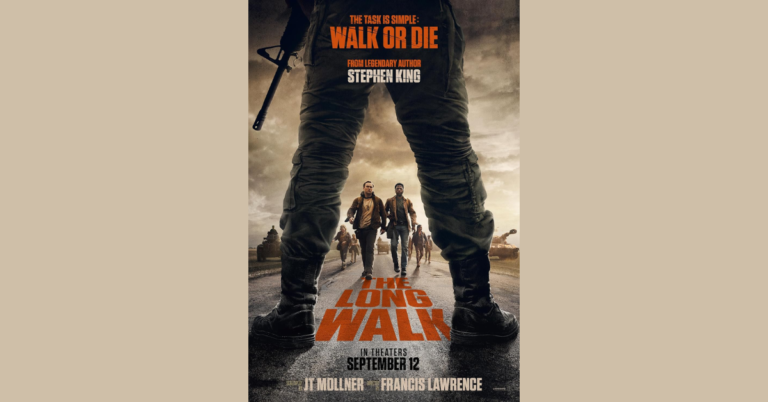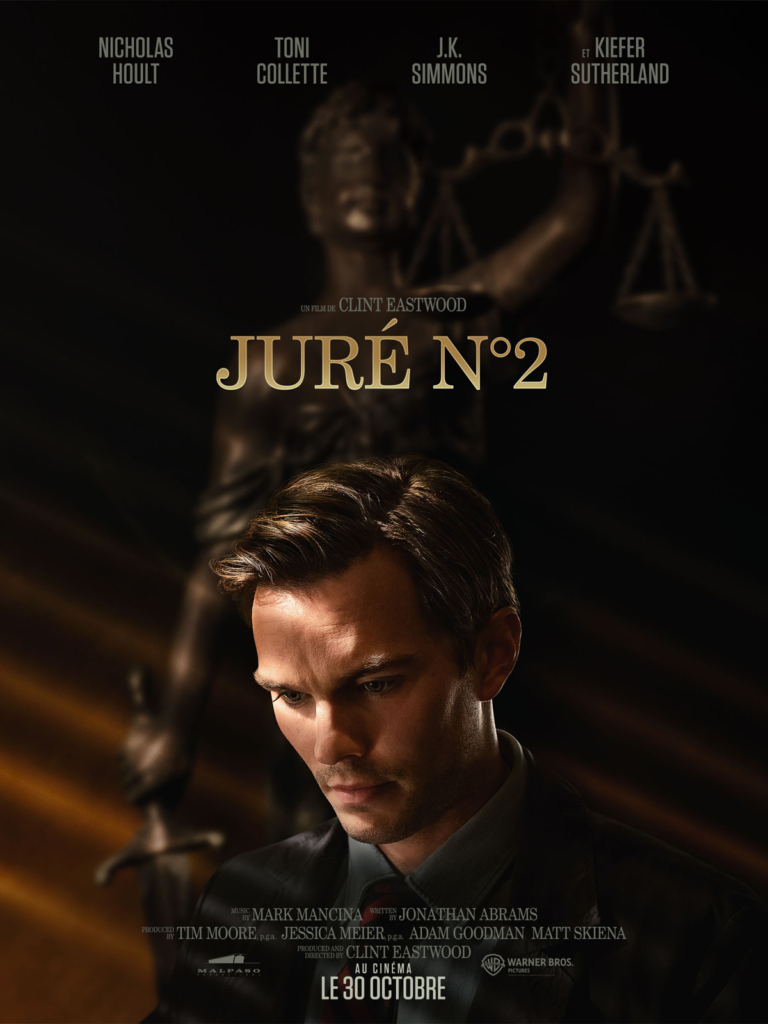Pulp Fiction Christian Review
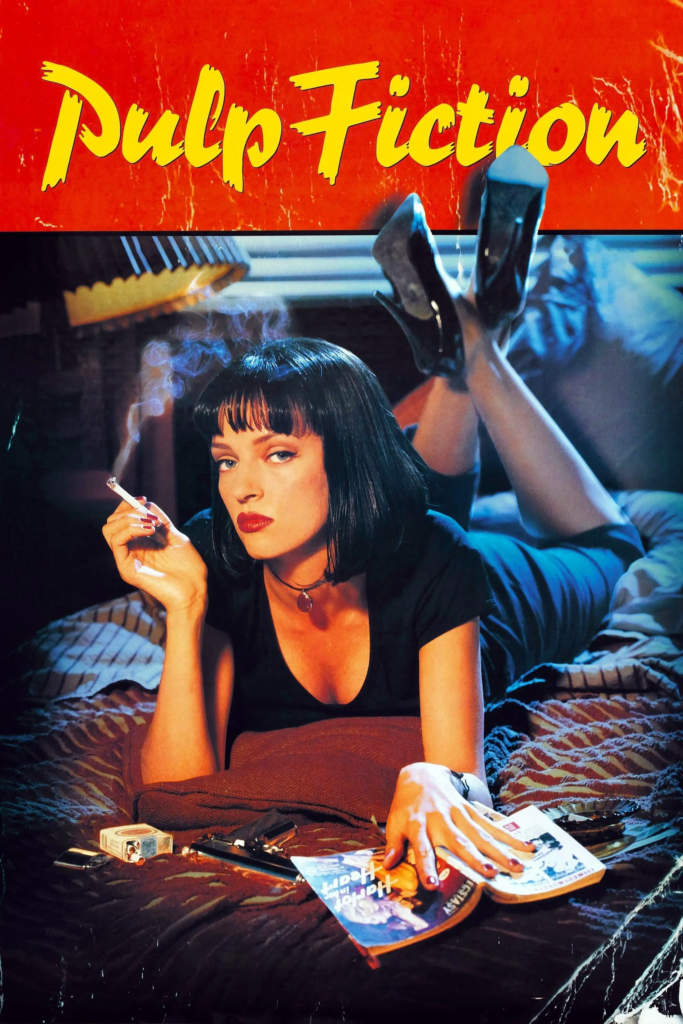
It’s hard to talk about “Pulp Fiction” without acknowledging its towering status in modern cinema. Since it burst onto the scene in 1994, Quentin Tarantino’s brainchild has been hailed as a masterpiece by many. But let’s be real for a second—beneath the applause and the undeniable flair, there’s a conversation that needs to happen, especially for Christians who approach entertainment with a moral lens. Tarantino knows how to make a movie, but does that make it something we should embrace without hesitation? That’s where things get tricky.
The Genius of Tarantino
First off, Tarantino didn’t just make a movie with “Pulp Fiction.” He created a labyrinth. It’s a film that thrives on unpredictability, throwing out the rulebook of linear storytelling and inviting you to jump headfirst into a chaotic web of interconnected stories. One moment you’re watching John Travolta and Samuel L. Jackson chat about fast food in Europe, and the next, you’re witnessing a bloody showdown. There’s this constant sense that anything could happen, and often it does.
From a purely artistic point of view, it’s easy to see why “Pulp Fiction” is praised. The dialogue is snappy, sharp, and unapologetically irreverent. The cinematography captures the grittiness of LA with a style that feels both raw and polished at the same time. And let’s not forget the performances. Travolta, Jackson, and Uma Thurman all deliver characters that are as memorable as they are morally ambiguous. Tarantino has this way of making you care about people you’d normally cross the street to avoid. But that’s part of the movie’s magic—it pulls you into its twisted world, and before you know it, you’re along for the ride, whether you like it or not.
Humor in the Darkest Places
One of the strangest parts of “Pulp Fiction” is how funny it is. And not just funny, but outrageously, sometimes shockingly funny. The kind of humor that sneaks up on you in moments where you feel like you shouldn’t be laughing at all. The banter between characters, the absurd situations, even the violence—there’s an underlying current of dark comedy running through it all. But for Christian viewers, that’s where a lot of the discomfort starts to set in.
We’re not just talking about light-hearted jokes here. The humor in “Pulp Fiction” often comes at the expense of morality, blurring the lines between right and wrong. It’s the kind of movie that makes you laugh one moment and cringe the next, all while playing fast and loose with subjects that should give us pause: murder, drugs, exploitation. It’s like Tarantino is daring you to laugh at the macabre, to find amusement in things that, frankly, are anything but amusing from a Christian perspective.
Moral Ambiguity: A World Without Clear Lines
If there’s one thing “Pulp Fiction” isn’t, it’s moral. The characters inhabit a world where sin and violence are the norm, and redemption? Well, it’s not really on the table. Take Jules Winnfield (Samuel L. Jackson), for example—a hitman who delivers scripture-laden monologues before executing people. It’s bizarrely captivating, but also deeply disturbing. Jules quotes Ezekiel 25:17 as if it’s part of his job description, blending sacred words with acts of cold-blooded violence. For a Christian viewer, this kind of juxtaposition is jarring. It’s like watching someone use the Bible as a prop in a murder scene, and it leaves you feeling… off.
But it’s not just about the individual moments. The entire film operates in a space where good and evil don’t seem to matter much. Characters make choices that lead to devastating consequences, yet there’s rarely a sense of moral reckoning. People die, drugs are abused, and lives are ruined, but there’s no overarching message about the cost of those actions. In fact, the movie often seems to revel in them. It’s cool, it’s slick, and it’s morally ambiguous to the core.
Violence as Entertainment
Let’s talk about the violence because, honestly, it’s impossible not to. “Pulp Fiction” doesn’t shy away from showing blood and brutality, often in graphic detail. It’s one thing to see violence used to drive home a point or reveal something meaningful about a character’s journey, but in Tarantino’s world, violence is often its own spectacle. It’s part of the entertainment package, woven into the fabric of the film’s identity.
And sure, some people will argue that it’s all part of the genre—Tarantino is paying homage to pulp fiction, after all, with its roots in gritty crime stories and exaggerated violence. But for Christians, this kind of depiction raises serious questions. Does desensitizing violence make it less harmful, or does it just make us numb to it? When we’re entertained by bloodshed, are we aligning ourselves with a worldview that celebrates destruction rather than life?
The Bible calls us to value life, to see others as image-bearers of God. But “Pulp Fiction” often treats life as expendable, disposable even. Murder happens without consequence, and the film’s characters are rarely held accountable for their actions. For Christian viewers, that lack of regard for the sanctity of life is troubling.
Where’s the Redemption?
Now, let’s talk about redemption—or the lack thereof. A key tenet of the Christian faith is that, no matter how far someone falls, redemption is always possible. Grace, forgiveness, and transformation are at the heart of the gospel. But “Pulp Fiction” isn’t interested in redemption. Characters are deeply flawed, sure, but they don’t seem to seek or find any kind of lasting change. Their sins are never really confronted in any meaningful way. In a world where violence, greed, and sin are normalized, where is the space for repentance or renewal?
Even when characters seem to have a moment of clarity, it often feels fleeting, not tied to any deeper moral awakening. Jules, for instance, talks about walking the earth as a “shepherd” after a moment of divine intervention, but does that mean he’s changed? The film leaves it open-ended, but it doesn’t give us much hope that anyone’s walking away with a clean slate. And without that hope, the film’s message, if there even is one, feels hollow.
Is It Worth Watching?
So, where does that leave us? For many, “Pulp Fiction” is a cinematic triumph, a work of genius that redefined modern filmmaking. But for Christians, it’s complicated. There’s no denying the artistry on display—Tarantino is a master at his craft, and the film is gripping from start to finish. But is it a movie that reflects the values we’re called to uphold? That’s a harder question to answer.
Ultimately, it’s about discernment. “Pulp Fiction” offers a lot to think about, but much of what it offers runs counter to the life we’re called to live as Christians. It celebrates a world without clear moral boundaries, where violence and sin are treated as entertainment rather than something to mourn. And in the end, there’s little to hold onto in terms of redemption or hope.
Final Thoughts
So, would I recommend “Pulp Fiction” to a Christian audience? Probably not. While it’s undoubtedly a brilliant piece of filmmaking, its content is troubling and its worldview difficult to reconcile with a faith that values life, morality, and redemption. That being said, if you do choose to watch it, go in with your eyes wide open, knowing that it will challenge not just your sensibilities, but perhaps even your convictions.
Rating: 5/10


